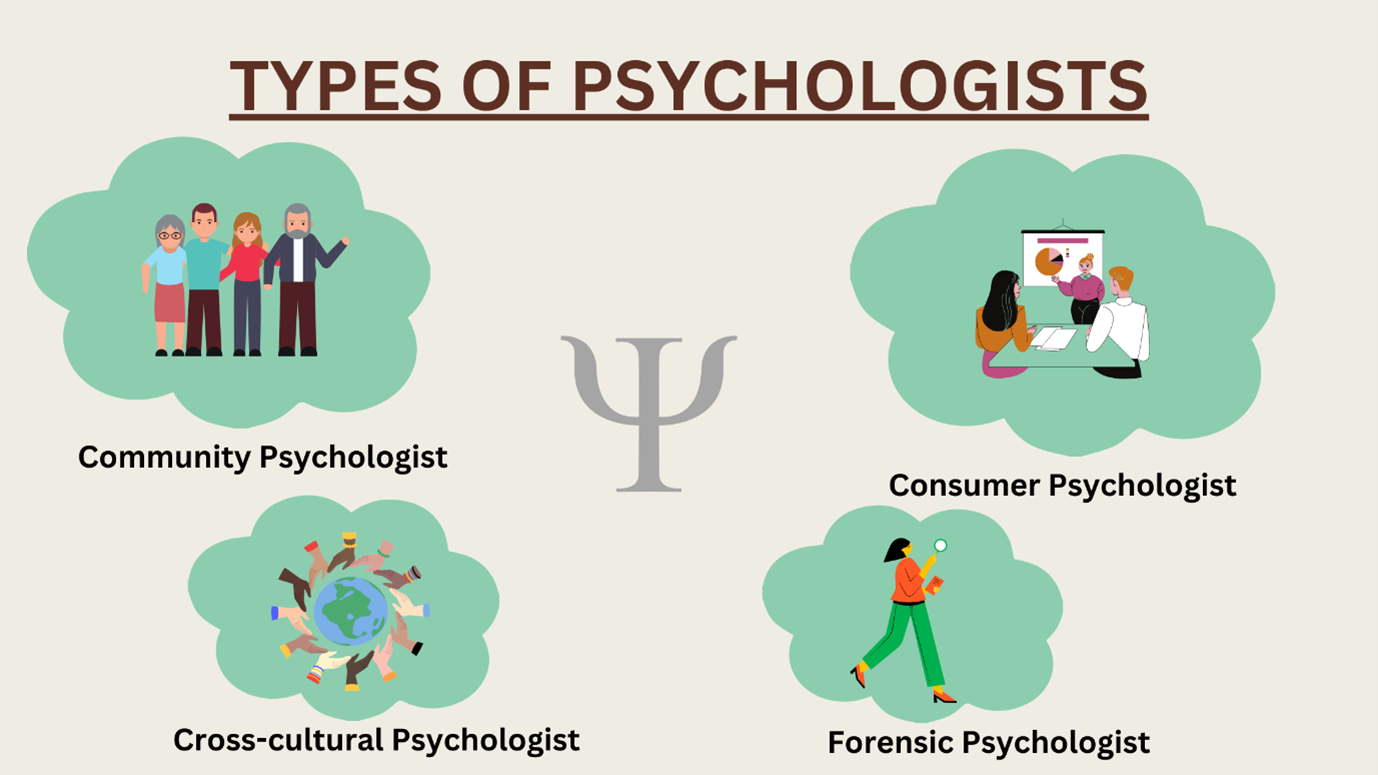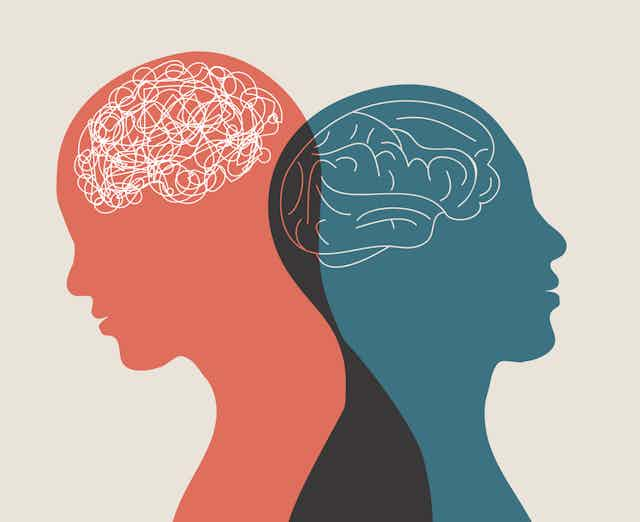Your Course to Recovery: Insights from the Best Psychologist in Delhi
Your Course to Recovery: Insights from the Best Psychologist in Delhi
Blog Article
Psych Treatment: A Comprehensive Guide to Techniques and Outcomes

Cognitive-Behavioral Therapy
Cognitive-Behavioral Therapy (CBT) is an extensively used psychotherapeutic approach that concentrates on determining and changing dysfunctional reasoning and actions patterns. Established in the 1960s by Aaron T. Beck, CBT integrates cognitive and behavior theories to deal with numerous psychological health and wellness problems, consisting of anxiety, anxiety, and stress-related problems.
CBT is characterized by its structured, goal-oriented nature. Therapy usually involves a collaborative process between the specialist and customer, where details problems are identified, and sensible approaches are created to resolve them. Techniques such as cognitive restructuring, direct exposure therapy, and skill-building exercises are frequently utilized. Cognitive restructuring includes difficult and changing unfavorable idea patterns, while direct exposure therapy aims to decrease concern and stress and anxiety through gradual exposure to been afraid situations or things.
Evidence-based research sustains the efficiency of CBT for a variety of emotional problems - Best Psychologist in Delhi. Its focus on skill procurement and self-help strategies encourages clients to proceed progress independently after therapy ends. The adaptability and performance of CBT have made it a keystone in contemporary psychotherapeutic method
Psychodynamic Strategies
Rooted in the very early theories of Sigmund Freud, psychodynamic strategies concentrate on checking out the unconscious mind and its influence on habits and emotions. These approaches aim to uncover surprise thoughts and sensations that may be driving maladaptive behaviors and psychological distress. Central to this method is the concept of internal dispute, typically originating from unsettled past experiences, especially those from childhood years.
Therapists utilizing psychodynamic methods employ a number of vital techniques, including cost-free organization, where people are encouraged to speak freely to reveal subconscious material, and desire evaluation, which analyzes the latent web content of desires. Furthermore, the expedition of transfer and countertransference dynamics within the therapeutic partnership is essential. These interactions can give understandings into the individual's inner globe and relational patterns.
Psychodynamic therapy is normally longer-term contrasted to various other methods, providing a deep and thorough understanding of the individual's psyche. Research study shows that it can be specifically efficient for complex mental health concerns, such as personality conditions and persistent anxiety. By cultivating self-awareness and psychological understanding, psychodynamic treatment seeks to bring unconscious material to consciousness, enabling individuals to accomplish significant and enduring modification in their lives.
Humanistic Methods
Structure on the foundations laid by psychodynamic techniques, humanistic techniques offer a distinctive point of view concentrated on specific possible and self-actualization. Stemming in the mid-20th century, these strategies focus on the intrinsic benefits and growth potential of people, stressing a holistic sight of human experience. Trick figures such as Carl Rogers and Abraham Maslow have substantially influenced this restorative approach, which encompasses methods like client-centered treatment and Gestalt therapy.
Client-centered therapy, developed by Rogers, plays a pivotal duty in humanistic methods. It depends on the specialist offering an environment of unconditional positive respect, empathy, and congruence. This cultivates a risk-free area for customers to discover their sensations and experiences without judgment, facilitating self-discovery and individual growth. The specialist's role is even more of a facilitator than an authority, encouraging customers to harness their inner sources for healing.
Gestalt treatment, another vital humanistic method, emphasizes present minute understanding and the assimilation of mind and body. By concentrating on the "here and currently," clients get greater understanding into their existing feelings and actions. Methods such as role-playing and led visualization are often employed to assist clients acquire a deeper understanding of themselves, ultimately causing enhanced self-awareness and fulfillment.
Integrative Treatments
Integrative treatments stand for a synthesis of various therapeutic strategies tailored to satisfy the special needs of each client. This technique recognizes the complexity of human psychology and the complex nature of psychological health problems. By incorporating components from various institutions of psychotherapy-- such as cognitive-behavioral treatment (CBT), psychodynamic therapy, and humanistic methods-- integrative treatments supply a more alternative and adaptable therapy standard.
Practitioners of integrative therapy assess each client's particular requirements, signs and symptoms, and individual history to create a customized treatment plan. This individualized method boosts the capacity for restorative success by attending to the source of emotional distress and advertising overall health. Strategies may include mindfulness workouts, cognitive restructuring, and emotional processing, each selected to target different aspects of the customer's concerns.
In addition, integrative treatments highlight the restorative connection, checking out the client-therapist bond as a crucial part of efficient therapy. This partnership promotes a supportive atmosphere where customers really feel safe to discover and resolve their worries. The versatility of integrative treatments makes them appropriate for a broad series of problems, including anxiety, depression, injury, and social troubles, consequently boosting their applicability and effectiveness in varied medical settings.

Measuring Therapy End Results
Evaluating the effectiveness of psychiatric therapy is crucial for both clinicians and customers to make sure that the therapy is yielding the preferred outcomes. To attain this, various approaches and tools are utilized to measure treatment results methodically. Standardized evaluation instruments, such as the Beck Anxiety Inventory (BDI) and the Generalized Stress And Anxiety Disorder 7 (GAD-7), offer measurable data on browse around this site signs and symptom intensity and changes over time.
In enhancement to standard tools, qualitative methods like customer self-reports and medical meetings offer beneficial understandings right into the personal experiences and perceived progression of clients. Consistently scheduled assessments, generally at the start, midpoint, and end of therapy, help in tracking the trajectory of improvement or determining locations requiring modification.
Outcome measurement is not restricted to over at this website signs and symptom reduction; it likewise encompasses functional improvements in day-to-day live, such as better social connections, enhanced work efficiency, and boosted general wellness. Modern advancements in digital health have introduced mobile apps and on-line systems that help with real-time surveillance and feedback, further fine-tuning the assessment process.
Eventually, a thorough method to measuring treatment results makes sure that healing interventions work, effective, and customized to satisfy the private demands of clients, thus maximizing the general therapeutic experience.
Final Thought
Humanistic methods focus on personal development and self-actualization, while integrative therapies combine several methods for tailored therapy plans. Reviewing therapy end results with standardized analyses and qualitative methods guarantees a thorough understanding of efficiency, pop over to this web-site eventually leading clients toward enduring mental wellness enhancements.
From the structured method of Cognitive-Behavioral Treatment (CBT) to the deep exploration of the unconscious in psychodynamic therapy, each technique brings unique advantages. Its emphasis on skill purchase and self-help techniques equips customers to proceed progression individually after therapy concludes (Best Psychologist in Delhi). Secret numbers such as Carl Rogers and Abraham Maslow have dramatically influenced this therapeutic method, which incorporates methods like client-centered therapy and Gestalt therapy

Report this page